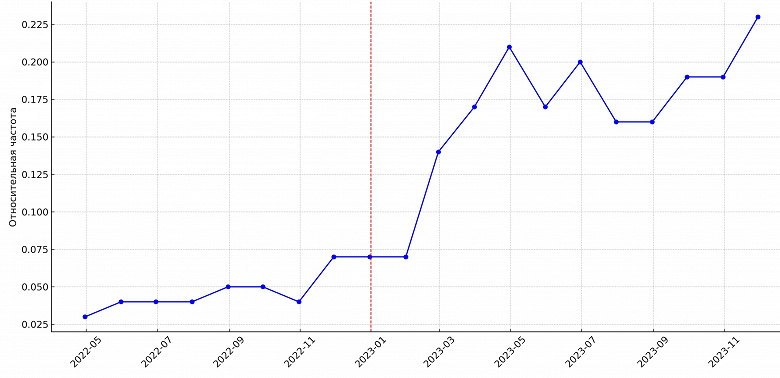- Department of Economic orld Economic Situation and Prospects 2024
World Economic Situation and Prospects 2024
Global economic growth is projected to slow from an estimated 2.7 per cent in 2023 to 2.4 per cent in 2024, trending below the pre-pandemic growth rate of 3.0 per cent, according to the United Nations World Economic Situation and Prospects (WESP) 2024. This latest forecast comes on the heels of global economic performance exceeding expectations in 2023. However, last year’s stronger-than-expected GDP growth masked short-term risks and structural vulnerabilities.
The UN’s flagship economic report presents a sombre economic outlook for the near term. Persistently high interest rates, further escalation of conflicts, sluggish international trade, and increasing climate disasters, pose significant challenges to global growth.
The prospects of a prolonged period of tighter credit conditions and higher borrowing costs present strong headwinds for a world economy saddled with debt, while in need of more investments to resuscitate growth, fight climate change and accelerate progress towards the Sustainable Development Goals (SDGs).
“2024 must be the year when we break out of this quagmire. By unlocking big, bold investments we can drive sustainable development and climate action, and put the global economy on a stronger growth path for all,” said António Guterres, United Nations Secretary-General. “We must build on the progress made in the past year towards an SDG Stimulus of at least $500 billion per year in affordable long-term financing for investments in sustainable development and climate action.”
Subdued growth in developed and developing economies
Growth in several large, developed economies, especially the United States, is projected to decelerate in 2024 given high interest rates, slowing consumer spending and weaker labour markets. The short-term growth prospects for many developing countries – particularly in East Asia, Western Asia and Latin America and the Caribbean – are also deteriorating because of tighter financial conditions, shrinking fiscal space and sluggish external demand. Low-income and vulnerable economies are facing increasing balance-of-payments pressures and debt sustainability risks. Economic prospects for small island developing States, in particular, will be constrained by heavy debt burdens, high interest rates and increasing climate-related vulnerabilities, which threaten to undermine, and in some cases, even reverse gains made on the SDGs.
Inflation trending down but recovery in labour markets still uneven
Global inflation is projected to decline further, from an estimated 5.7 per cent in 2023 to 3.9 per cent in 2024. Price pressures are, however, still elevated in many countries and any further escalation of geopolitical conflicts risks renewed increases in inflation.
In about a quarter of all developing countries, annual inflation is projected to exceed 10 per cent in 2024, the report highlights. Since January 2021, consumer prices in developing economies have increased by a cumulative 21.1 per cent, significantly eroding the economic gains made following the COVID-19 recovery. Amid supply-side disruptions, conflicts and extreme weather events, local food price inflation remained high in many developing economies, disproportionately affecting the poorest households.
“Persistently high inflation has further set back progress in poverty eradication, with especially severe impacts in the least developed countries,” said Li Junhua, United Nations Under-Secretary-General for Economic and Social Affairs. “It is absolutely imperative that we strengthen global cooperation and the multilateral trading system, reform development finance, address debt challenges and scale up climate financing to help vulnerable countries accelerate towards a path of sustainable and inclusive growth.”
According to the report, the global labour markets have seen an uneven recovery from the pandemic crisis. In developed economies, labour markets have remained resilient despite a slowdown in growth. However, in many developing countries, particularly in Western Asia and Africa, key employment indicators, including unemployment rates, are yet to return to pre-pandemic levels. The global gender employment gap remains high, and gender pay gaps not only persist but have even widened in some occupations
http://desapublications.un.org/publications/world-economic-situation-and-prospects-2024










